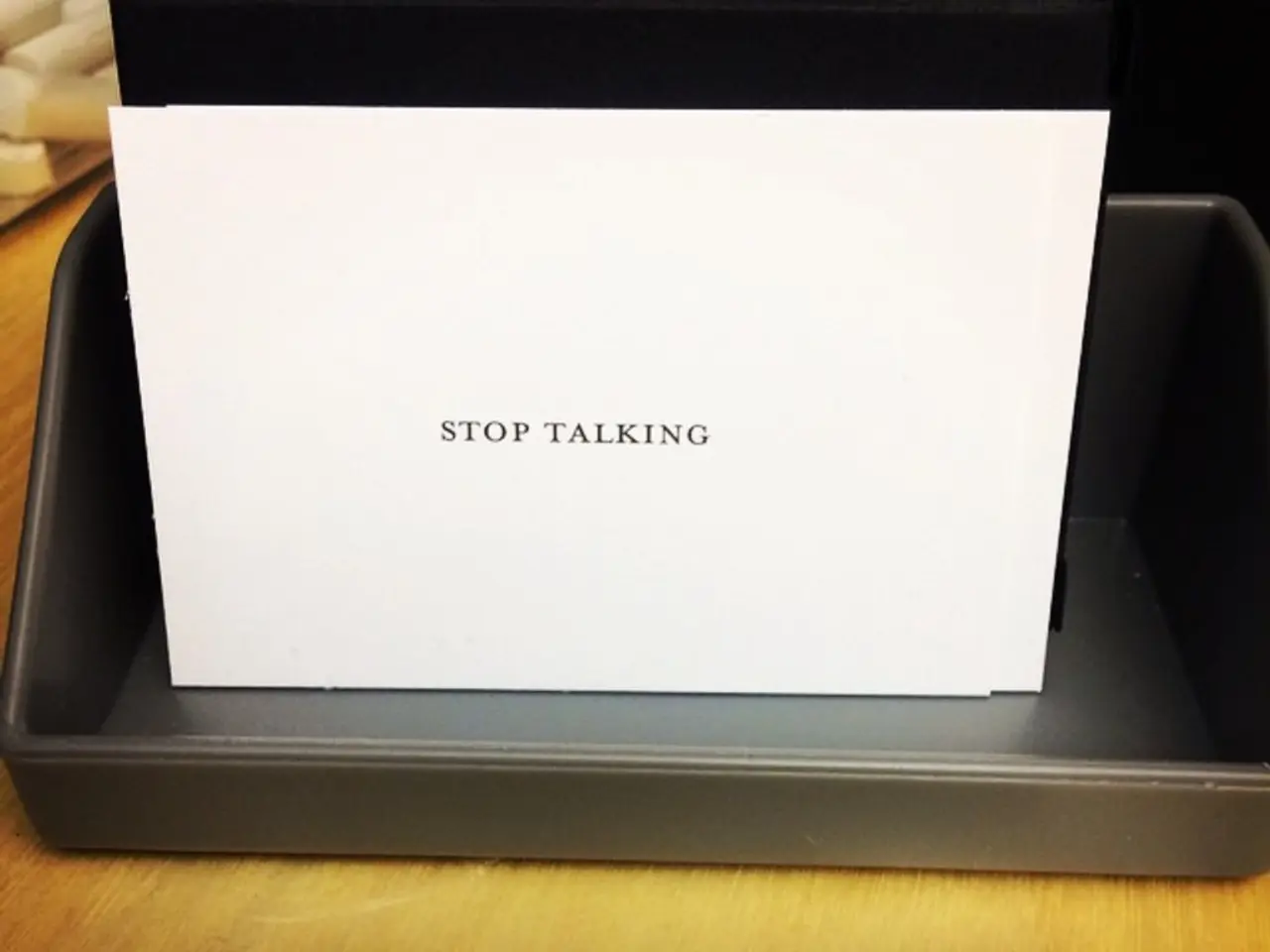Behind the Curtain of AI Progression: Protecting Your Career Amidst a technological revolution, only those who possess distinctive human traits such as creativity, moral compass, and unmatched judgement may find themselves job secure.
In the rapidly evolving world of technology, Artificial Intelligence (AI) is no longer a niche but an integral part of various aspects of life, including work. As AI-assisted programming revolutionizes software development, allowing developers to write prompts instead of code, it's essential to understand the jobs that are expected to thrive in this AI era.
Key job roles projected to remain resilient and grow include healthcare professionals, creative roles such as artists and writers, educators and mentors, leadership and management positions, roles in human welfare and community support, and complex engineering and system-thinking roles. These positions require human creativity, ethical reasoning, emotional intelligence, adaptability, and complex interpersonal skills, which AI cannot effectively replicate.
Healthcare professionals, for instance, combine technical skill with empathy, ethical decision-making, and complex clinical reasoning. Creatives offer original thinking, cultural understanding, and artistic vision. Educators and mentors provide personalized guidance, inspiration, and adapt to individual learning and emotional needs beyond AI capabilities. Leaders manage teams and complex projects requiring nuanced human insight, while roles in human welfare and community support require cultural sensitivity, empathy, and emotional intelligence for complex social interactions. Complex engineering and system-thinking roles involve innovative problem-solving, ethical oversight, and managing AI tools rather than being replaced by them.
Important skills that underpin thriving in this AI era include emotional intelligence and empathy, creative problem-solving and originality, ethical reasoning and judgment, adaptability, and strategic leadership and communication. These skills enable individuals to handle interpersonal and social complexities resistant to automation, offer innovative solutions and artistic contributions beyond AI’s scope, navigate moral dilemmas and decisions that AI cannot ethically resolve, quickly pivot and understand complex systems in dynamic environments, and manage teams and complex projects requiring nuanced human insight.
On the other hand, jobs that are repetitive, routine, or heavily language/transaction-based, such as data entry, telemarketing, and basic customer service, face a high risk of AI replacement.
The key difference with AI is the speed: changes are happening faster, and the gap between those who adopt technology and those who lag behind is widening. However, for those working in at-risk industries, the transition can seem overwhelming, but small steps can open up more resilient paths.
In education, teachers are using adaptive learning software to personalize teaching in real-time. In healthcare, clinical professionals are learning to interpret the results provided by AI-based diagnostic tools. In logistics, planners are using predictive analytics to anticipate disruptions before they affect the supply chain. Even in the field of writing, prompts have become a new form of programming, where specificity and clarity replace syntax as the developer's main challenge.
AI is also generating new roles that combine technological innovation with experience from traditional industries. For example, human-machine interaction specialists design systems people actually want to use, going beyond functionality to include ergonomics, empathy, and anticipating frustrations. AI generative tools are used to optimize delivery routes and maps.
In conclusion, cultivating uniquely human capabilities—creativity, emotional depth, ethical insight, and adaptive leadership—will be crucial for job security and success in the AI-driven future. As AI continues to shape our world, it's essential to remember that the most valuable skills in this age are creative problem-solving, communication, empathy, and adaptability.
- As AI revolutionizes the software development industry, it's crucial to focus on careers that cannot be replaced by AI, such as healthcare professionals, who combine technical skill with empathy, ethical decision-making, and complex clinical reasoning.
- Education and self-development, particularly in the areas of emotional intelligence, creative problem-solving, and ethical reasoning, will be key to remaining resilient and thriving in the AI-driven future.
- The rapidly evolving world of technology has also spawned new roles, like human-machine interaction specialists, who design systems that people actually want to use, incorporating elements like ergonomics, empathy, and anticipation of frustrations.
- To succeed in the AI-driven future, personal growth and learning should prioritize the cultivation of uniquely human capabilities, such as creativity, emotional depth, ethical insight, and adaptive leadership, which are considered the most valuable skills in this age.




